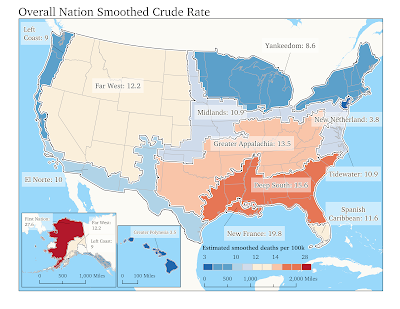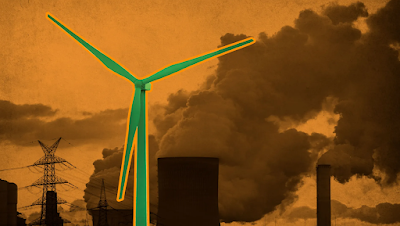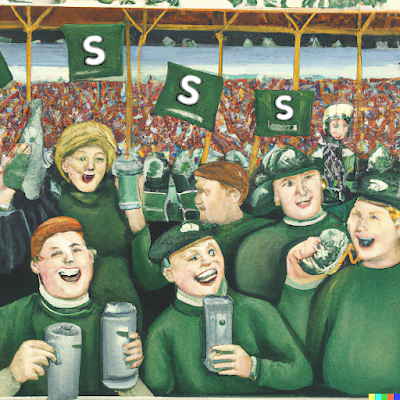Source: The Philadelphia Inquirer.
I first wrote about the loss of values in American politics in 2011, with "Civility: What's Not To Like?". But "civility" was not the first word to transform from being a value to being offensive. I wrote in 2017: For me, "it started with 'tolerance'. Long ago, I was surprised to learn that tolerance is not universally considered to be a virtue. (Tolerance was imagined to be synonymous with approval - approval of gays, of Muslims, of sin.) Then, I learned that 'compromise' is not universally considered to be a virtue, either. (Compromise was imagined to require a surrender of principle.)" That article was called, "Now Kindness is a Dirty Word, Too".
Now in 2025, I learned a whole bunch of other words that have transformed from being values to being offensive. Also, I learned an explanation of what's behind it.





















